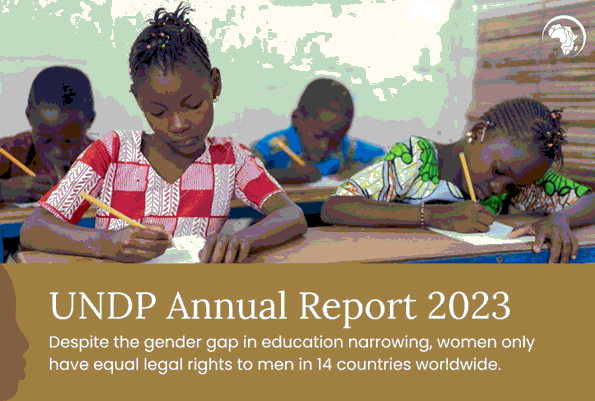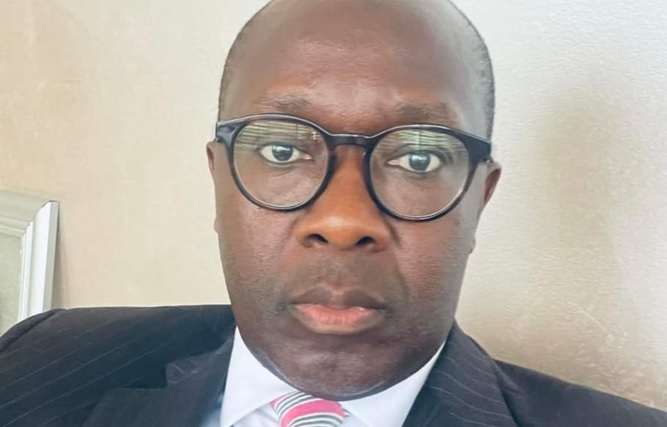MONROVIA – The 16th Biennial Conference themed “The Challenge of the Global Health Community” took place at the Apostolic Pentecostal Church International, Brewerville, Liberia, where Dr. Monique Chireau Wubbenhorst delivered a compelling speech on making health a reality for all. Dr. Wubbenhorst, an OB/GYN practitioner with 33 years of experience, emphasized the interconnectedness of global and local health and the pivotal role of faith-based organizations in this narrative.
Opening with gratitude for the opportunity to address the gathering, Dr. Wubbenhorst commended the resilience and optimism of Liberians and their forward-looking approach. She highlighted the importance of aligning personal ambitions with the teachings of Christ, emphasizing humility as the guiding principle.
Global Health and the Church
Addressing the audience’s potential skepticism regarding the relevance of global health in a church setting, Dr. Wubbenhorst underscored that health is a fundamental aspect of the church’s mission. Quoting Jesus’ directive to “preach… and heal,” she emphasized the need to care for both the spiritual and physical well-being of individuals. Furthermore, she stressed the interconnectedness of local and global health, citing the rapid spread of diseases like Ebola across borders.
Challenges in Global Health
Drawing from her extensive experience, Dr. Wubbenhorst highlighted the disparities and inefficiencies in global health initiatives. She critiqued the misallocation of resources, citing examples where certain health departments received disproportionate funding while other essential services languished. This distorted implementation, she argued, often failed to address the most pressing needs of local communities.
Transitioning to Local Health
Advocating for a shift towards local health, Dr. Wubbenhorst emphasized the importance of recognizing human dignity and the inherent worth of individuals. She cautioned against a paternalistic approach to development aid, stressing the need for mutual respect and shared power between donors and beneficiaries.
Role of Faith-Based Organizations
Dr. Wubbenhorst praised faith-based organizations (FBOs) as powerful agents of change in global health, particularly in sub-Saharan Africa, where they provide 80-90% of healthcare services. She lauded their commitment to serving all individuals regardless of background and their ability to operate efficiently even with limited resources.
Challenges and Opportunities
Highlighting the challenges faced by local organizations in participating in global health activities, such as fiscal accountability and mission alignment with funders, Dr. Wubbenhorst called for increased transparency and collaboration between stakeholders. She emphasized that making global health local requires a paradigm shift that empowers local communities and organizations.
Conclusion
In conclusion, Dr. Wubbenhorst called for a collective effort to make global health local, recognizing the role of every individual, from health workers to church members, in this endeavor. She urged the audience to embrace this revolution and take ownership of their health and the health of their communities.
Dr. Monique Chireau Wubbenhorst’s impassioned address at the 16th Biennial Conference underscored the critical need for a holistic approach to health that integrates global initiatives with local priorities. As the conference concluded, attendees were left with a renewed commitment to making health a reality for all, guided by the principles of faith, humility, and mutual respect.







